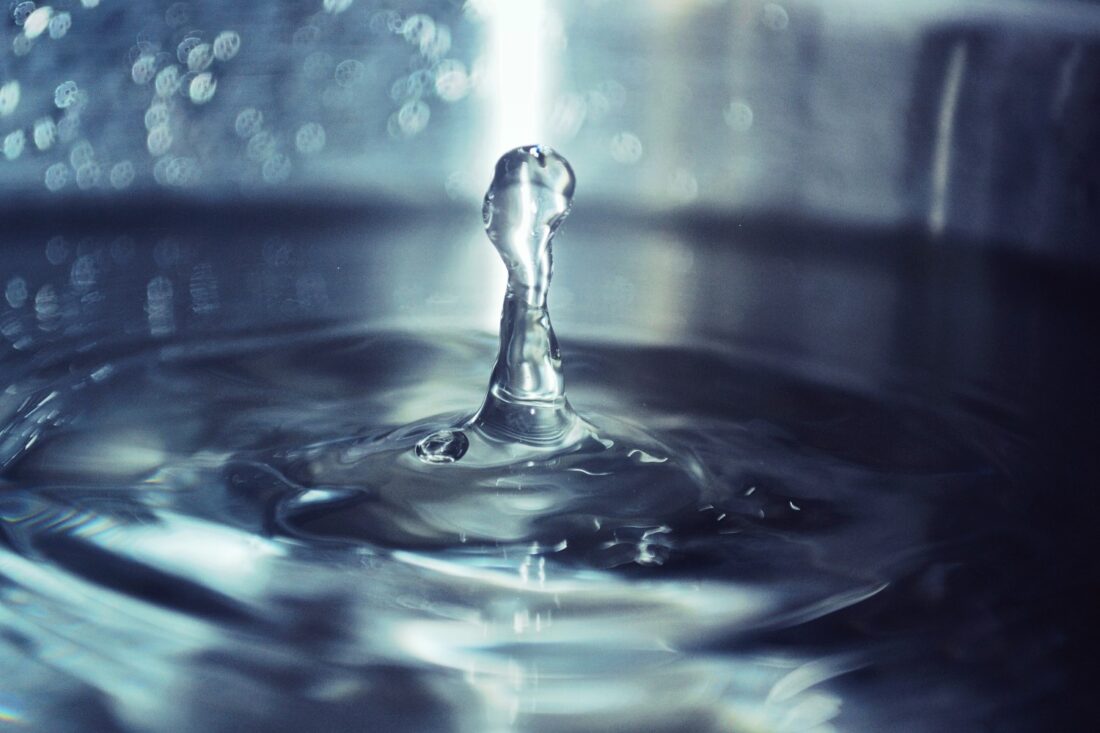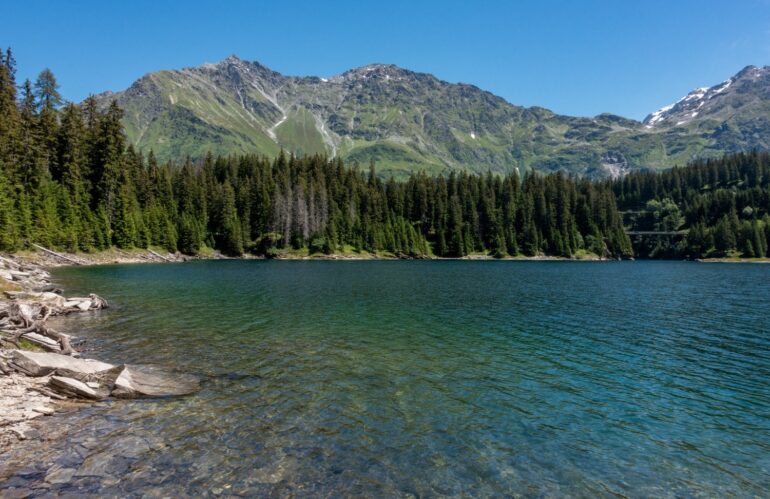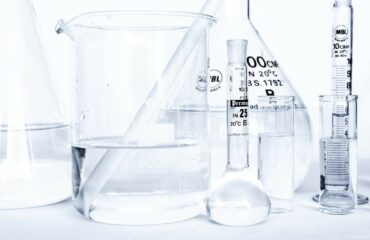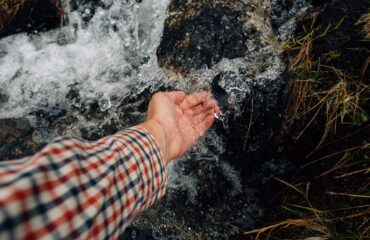Fresh water is one of the most valuable resources on earth. It is necessary for the life of all living organisms on the planet, including humans. Fresh water is only about 3% of the total water on Earth, but it is a key resource for humanity.
Fresh water is water in which the salt content does not exceed 0.5%. Fresh water can be obtained from various sources such as:
- Precipitation and snow. In this case, water evaporates from the surface of the earth, then condenses again in clouds and falls out as precipitation.
- Rivers and lakes. Water in rivers and lakes is formed due to precipitation and snowmelt.
- The groundwater. This is water that is underground and comes to the surface through wells or springs.
- Glaciers and glacial water. Glaciers are formed by melting snow and ice in mountains.
- Sea water. Fresh water can be obtained from sea water by desalination.
Why do we need fresh water
Fresh water is widely used in various branches of human activity. In the food industry and agriculture, fresh water is needed for food production, animal feed, and for irrigating crops. In the power industry – for cooling and condensing steam in turbines and generators of power plants. In the chemical industry – for the production of various chemicals and products. Household needs: for drinking, cooking, washing dishes and laundry. Industry: for the manufacture of building materials, textiles, paper and other products. Tourism and recreation: for swimming, fishing, boating and other water recreation. Environmental needs: to treat wastewater, prevent pollution of rivers and lakes, and preserve aquatic ecosystems.
However, the supply of fresh water on the planet is limited and they are rapidly depleted due to various factors such as pollution, climate change, overuse, etc. As a result, many countries face the problem of fresh water scarcity, which leads to conflicts and social problems.

Fresh water pollution
The problem of fresh water pollution is one of the most serious problems facing humanity. Pollution can come from a variety of sources, including industrial waste, agricultural fertilizers, sewage, and other sources. This can lead to a change in the chemical composition of the water, a decrease in its transparency, an increase in the level of bacteria and other microorganisms, as well as the death of fish and other aquatic organisms.
In 2012, researchers photographed the bottom of Lake Baikal in the coastal zone with special equipment. To study the resulting images in more detail, they converted the files to JPG format and opened them on a large screen. It became clear that at the bottom there is a large amount of debris in the form of plastic, iron, etc.
Fresh water pollution can have serious consequences for human and animal health, as well as for the environment in general. It can lead to diseases such as diarrhea, intestinal infections and other diseases associated with drinking contaminated water. In addition, pollution can lead to reduced crop and livestock yields, as well as poor drinking water quality for people.
To solve the problem of fresh water pollution, it is necessary to take measures to prevent and control pollution, as well as to treat wastewater and dispose of waste. It is also necessary to carry out educational programs for the population on the importance of conservation and rational use of fresh water.
How to save fresh water
In order to preserve fresh water and its rational use, it is necessary to take measures to protect water resources, improve water supply and sanitation systems, as well as reduce water consumption in industry and agriculture.
The following measures can be taken to conserve and rationally use fresh water:
- Reducing water consumption. Installation of water meters, use of water-saving technologies such as drip irrigation, installation of shower heads with low water flow.
- Cleaning of drains. Use of filters and wastewater treatment before being discharged into rivers and lakes.
- Conservation of water resources. Ban on dumping waste into water bodies, controlling the use of pesticides and fertilizers, and preserving forests and green spaces.
- Education and enlightenment. Carrying out educational programs for the population on the need for conservation and rational use of water resources. One of the largest centers that hold such events is the World Water Council (WWC).
- The international cooperation. Participation in international agreements and projects on the conservation of water resources, exchange of experience and technologies between countries.
In conclusion, we can say that fresh water is a vital resource for mankind, and its conservation is one of the main tasks of our time.






